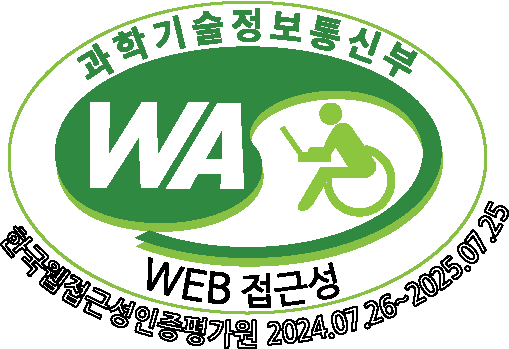회의결과
[ARF] [공동의장요약문] ARF Seminar on “UN Peacekeeping: Challenges and Prospects”, New Delhi, India, 26-27 April 2007
- 부서명
- 외교부 > 남아시아대양주국 > 남아시아대양주지역협력과
- 작성일
- 2007-12-27
- 조회수
- 2433
Summary Report of the ARF Seminar on
“UN Peacekeeping: Challenges and Prospects”,
26-27 April, 2007
Pursuant to the decision of the 13th ASEAN Regional Forum Ministerial Meeting held in July 2006 in Kuala Lumpur, India organized a seminar on “UN Peacekeeping: Challenges and Prospects” in New Delhi on 26-27 April 2007. The seminar was held at the Centre for UN Peacekeeping, a center set up by the Government of India with an exclusive focus on Peacekeeping activities.
Experts and policy makers on peacekeeping from the ARF Members States including Bangladesh, Cambodia, Canada, China, DPRK, the EU, India, Indonesia, Japan, Mongolia, New Zealand, Pakistan, Philippines, ROK, Russia, Singapore, Thailand, and Vietnam, as also from ASEAN Sectt, ICRC, UN, UNDP, and UNHCR participated in the Seminar.
In his welcome remarks, Lt Gen Satish Nambiar underlined that UN peacekeeping was presently under stress due to greater demands for mounting operations. He noted with great satisfaction that UN peacekeeping was again coming to its own with powerful countries supporting its assumption of responsibility and countries of the region supporting with enthusiasm the UN efforts. Shri K.C. Singh, Additional Secretary (international organizations) in the Ministry of External Affairs, in his inaugural address highlighted the emerging challenges to UN peacekeeping following the unprecedented surge in the last few years in terms of number, scope, size and operational environment. He touched upon the UN response with its five priority areas – partnership, doctrine, personnel, organization and resources – as well as Secretary General’s efforts to strengthen and rationalize structures by building military planning, management and operational capacities including realignment of DPKO. AS [IO] underlined the issue of safety and security of UN peacekeepers; consolidation of peacekeeping accounts; and strengthening triangular consultation mechanism among TCCs, UNSC, and UN Secretariat. He highlighted
The discussions took place under five themes, viz. , Integrated approach to peacekeeping; Peacebuilding and security sector reforms; Humanitarian dimensions of peacekeeping; Capacity building; and Training for peacekeeping.
Integrated Approach to Peacekeeping
This session was chaired by
Peace-building and Security Sector Reform
This session was chaired by
Post-conflict stabilization meant state-building or nation-building and transition into long-term reconstruction. Peace-building and peacekeeping should not be seen as sequential activity. Role of peace-building should increase over that of peacekeeping. Given the syndrome of rising conflicts, it was felt to establish an institution which would have financial resources to run it and able people to run it.
Humanitarian Dimension of Peacekeeping
UNDP, ICRC and UNHCR made presentations on Coordination of Humanitarian Affairs in Conflict, Laws of Armed Conflict and Management of Refugees respectively. Presentations highlighted the cluster of approaches and efficacies of different approaches and coordination management. National security issues were considered of prime importance. In the Q&A session that followed, some practical aspects of International Humanitarian Law were expressed and clarified.
The session was chaired by
Training of Peacekeeping
Concluding Session
In the concluding session, Lt. General Susheel Gupta, AVSM, YSM, DCOAS (IS&T) summarized the discussions that took place in last two days. He said that in the current security environment success now depends on the integrated approach that includes defence, diplomacy and development. The multi-disciplinary approach of the peace-building concept aims at avoiding the recurrence of war and also strengthens the fabric of peace through socio-economic development. The principles of neutrality, impartiality and humanity are cornerstones for a conducive humanitarian environment. There is a role for ARF member States in capacity-building of various regional organizations. Appropriate education and training of peacekeeping operation personnel, military, police, civilian are critical for reasons of both operational effectiveness and personal collective safety and security. As the UN reviews and reassesses its role in peace keeping operations, changes in regional organization and arrangements offer new opportunities.
***
/끝/
- 메뉴담당부서
- 아세안협력과
- 전화
- 02-2100-8449
